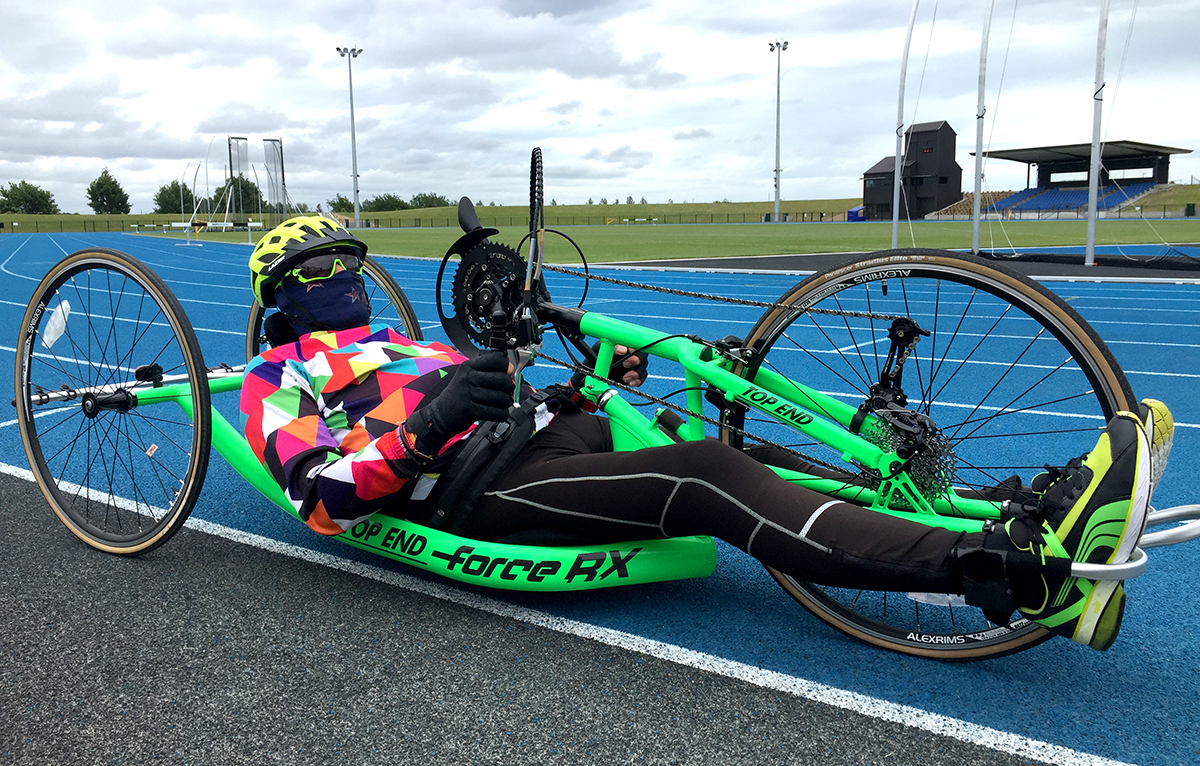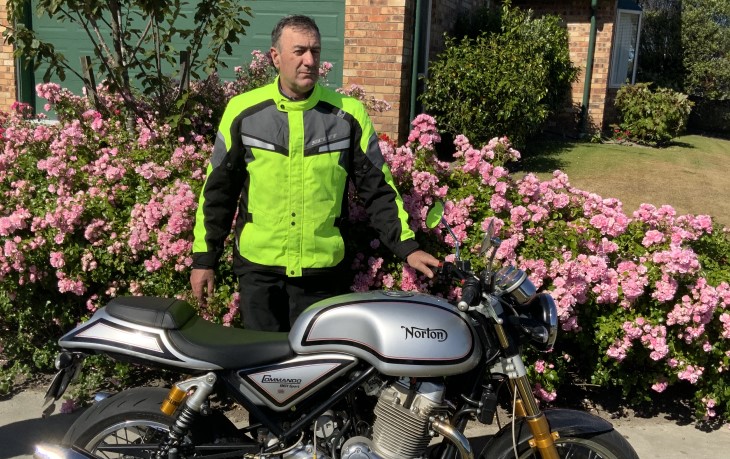Nicole's Story: How overcoming death led to a new beginning
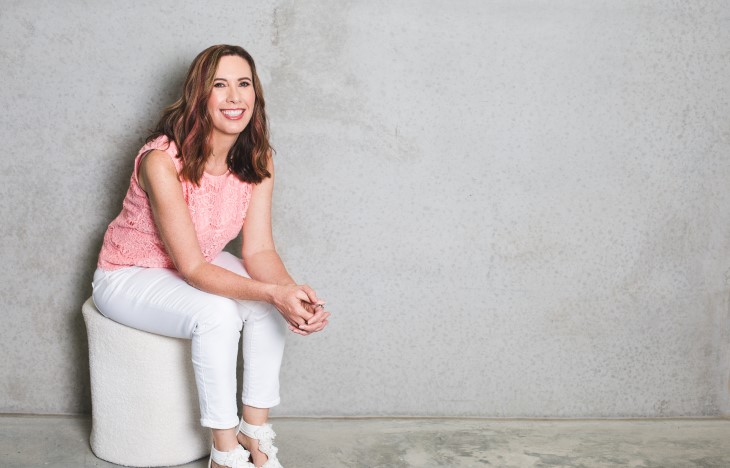
After being left dead on the side of the road, Nicole Yeates fought for her life. Her recovery is giving hope for others with traumatic brain injuries
Nicole Yeates is going under a CT Scan, her heart stops and she loses consciousness.
The 16-year-old has just been smashed in a motorbike accident in Christchurch. She closes her eyes. It’s the second of three times that she would die and be resuscitated over a three hour period.
Nicole has an out-of-body experience and sees the medical team trying to resuscitate her. She then sees a light and hears a spiritual voice.
“I know people will find this hard to believe but I went to this place – human words can’t describe how beautiful and peaceful that place was,” says the 50-year-old from her home in Brisbane.
“The voice said to me ‘it’s not your time yet. You have more to do on earth’.” Back on earth, Nicole was brought back to life. She was alive but only just.
Later she told her Mum that she also met her Dad at this beautiful place. Her Dad died when she was only three years old. “He was calling me he said ‘C’mon ‘Sassafrass’,” she says.
“I didn’t know what that meant but Mum later told me it was a nickname he called me as a baby. I had never heard before. My mum couldn’t believe it.”
“A night I’ll never forget”
Nicole will never forget the date 19 June 1987. It was a cold, rainy wintery Friday night in Christchurch and she was going to meet her girlfriends for a basketball game.
She had just bought a motorbike. Her Mum and her had a heated argument because her Mum didn’t want her to take the bike out in the rain.
Nicole was driving along Avon Road in North New Brighton when her lights on the bike went out for no reason. She couldn’t stop and went through a roundabout.
She was collected by a car who did a hit and run. Nicole bike was dragged for 1km and then the driver took off. She died on the side of the road.
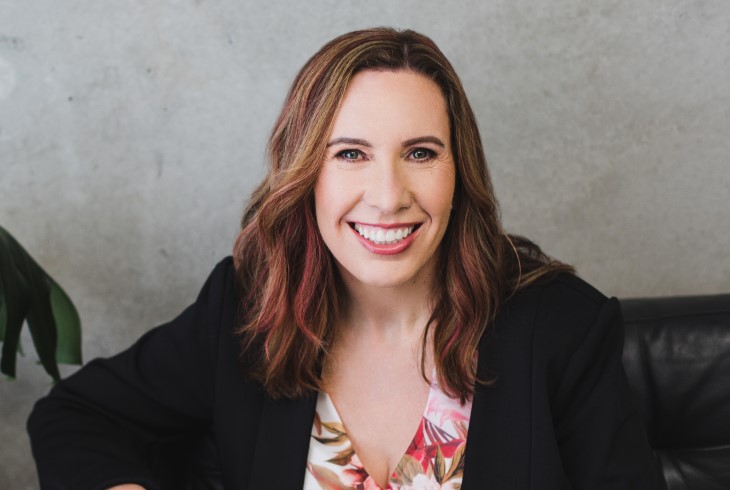
Moments later, a man was driving past her accident and thought Nicole was a jacket on the side of the road. He stopped to pick it up.
The man happened to be a nurse from the Burwood Spinal Unit. He had oxygen in the back of his car and he resuscitated Nicole and called an ambulance.
“That was the start of a bunch of minor miracles that happened in my recovery,” she says. Nicole arrived at Christchurch Hospital covered in blood and vomiting bile. She was groaning in agony.
She went straight into a CAT scan and died again with the medical team saying ‘we have lost her’. “I remember thinking ‘no you bloody haven’t’.” Nicole fought for her life.
After she died twice, a nurse came out to see her Mum in the waiting room. She told her that she didn’t expect her daughter to make it.
Nicole was put on life support. Over the following days, her Mum is asked to consider signing organ donation forms and agree to turning off the machines that were keeping her alive.
“They said if I lived then I would be in a vegetative state,” she says. “My Mum said to them ‘You don’t know my daughter. She is strong and she refused to sign anything.”
The long road to recovery
Nicole had suffered a severe traumatic brain injury. She had a fracture to the parietal bone of her skull and her left leg was badly bruised and battered.
“My whole brain was battered and my brain stem, which controls all of your autonomic functions, was damaged,” she says. “I was in a really bad way.”
Following that she was in ICU for a week and then moved to a high dependency care unit. Nicole was in a coma for three weeks.
“When I awoke from the coma, I couldn’t walk, talk or control any of my bodily functions, my brain was so battered I couldn’t control my temperature. I didn’t get hunger pains for six months. I didn’t have a period for 18 months."
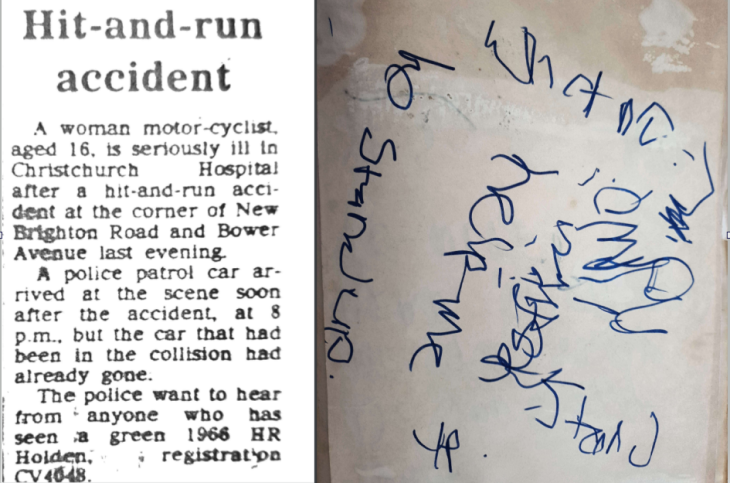
Nicole's writing pad, pictured to the right above
Meanwhile her Mum was trying so hard to prove she had cognitive function as she was starting to come out of her coma.
“She would get me to communicate through blinking. Once for yes and twice for no. Then she got her an A3 pad to see if she could write. It looked like the writing of a three-year-old.
“It took so long for my brain to get some functionality back.” It was slow progress, but her Mum never gave up hope.
Nicole was in hospital for two months and then the hard work really started. “I had to learn everything from scratch,” she says. She couldn’t walk in the dark because she couldn’t balance. She had a bell next to her bed and her Mum would come and help her to the toilet.
Holding onto Hope
Nicole has made a full recovery. She trained herself to read. Many years later she studied Rehabilitation Counselling at Griffith University in Queensland and graduated in 2005.
She set up her company ‘Holding on to Hope’ where she is now a rehabilitation counsellor, brain health educator and an author of her incredible story.
She has also created the Rethink Memory Management App which promotes tools that can help with memory issues.
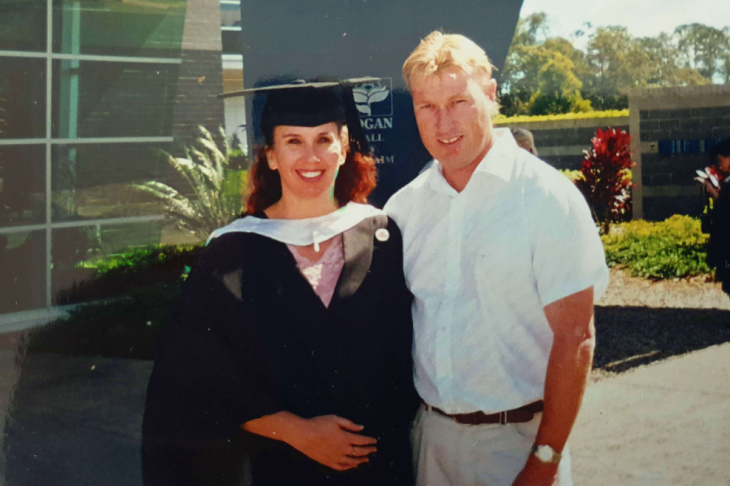
“It’s fantastic to provide a platform of hope for others. There is always a way."
Nicole says her learned experience recovering from a TBI gives her a different perspective that can add value to others’ rehabilitation.
“If you don’t give up, you still have a chance to win in life.”
The role of ACC
Nicole says the support of ACC was a pivotal factor in her recovery. “We didn’t have to wait for a thing in my rehabilitation and that is what is needed with a traumatic brain injury,” she says.
“They knew that the first two years of my recovery was critical for my brain to heal. If you are not getting the essential input early on, then more damage can become permanent.
Nicole who was born in Australia, came to New Zealand when she was three years old. Her and her Mum went back to Australia 17 years later.
Along with her medical costs ACC provided speech therapy, occupational therapy, psychological support, counselling, a computer course and more.
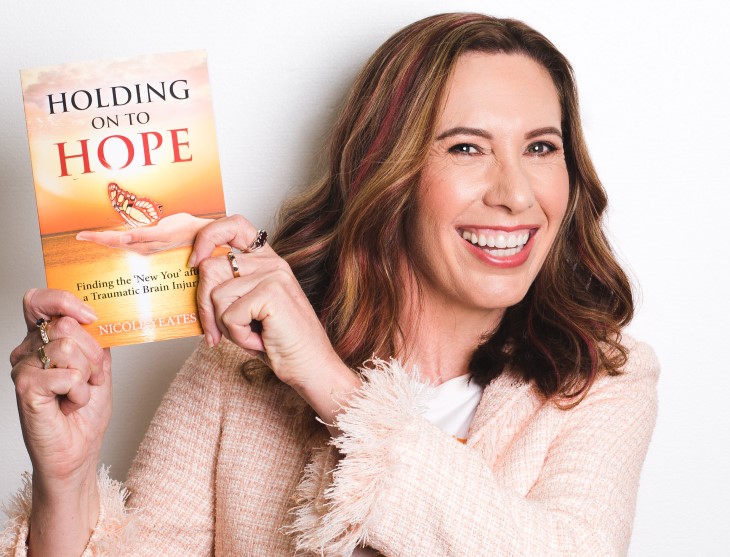
“People in New Zealand don’t know lucky they are to have ACC. The fact it’s a system where it doesn’t matter where you are injured, the home, work or anywhere else, it is all covered immediately, unlike other insurance systems where you have to wait extensive time periods for approval of treatment. The no fault nature means you get the immediate care, which is fantastic."
“I would not have recovered as well as I have if the accident happened in another country.”
Nicole Yeates’ Tips for dealing with a TBI
Be patient
Accept that life is going to be different. That you are different.
Use all the resources that you have available to you
If you are going to a doctor, psychologist or any treating profession, it’s not about just turning up to the appointment and that’s enough. You need to follow their advice and do the work outside of their office, otherwise it’s a waste of time.
Push through barriers
Do as much as you can in the first two years especially, but reach out to support groups to find examples of what is working for other people going through a similar experience.
Challenge any negative thoughts
We often talk to ourselves in a negative way. Your body produces chemicals to react to what you are saying, so challenge them. Be conscious of those negative thoughts. Write them down and question them. That will change how you view it.
Simple strategies like having a positivity jar
So every time you achieve something or remember something write it down and put it in a positivity jar, then you can challenge those negative beliefs, and build a new belief system.
Empower yourself
Become an active participant in your rehabilitation.
Look for other’s stories
People who have had a TBI and overcome some of those barriers. If they can do, you can do it.



